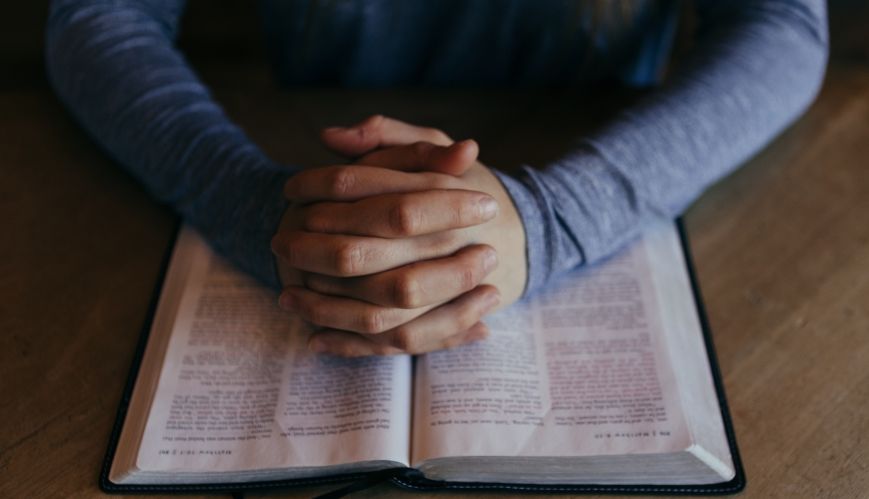Breaking free of cultural privlege

Breaking free of cultural privlege
6 May 2016
When I was at school, Religious Education classes were compulsory. Twice a week, we would file into a classroom where a teacher who had likely been drafted into teaching this as a second subject, would spend 90 minutes with us playing Bible board games or “Guess who – Bible Characters Edition”.
I had a friend whose mother was Buddhist – she attended the same Religious Education classes as I did. I had another friend whose family were devout Hindus – she attended the same Religious Education classes as I did. As I became older, it became clear to me that these classes were not so much “Religious Education” classes as they were “Christian Religious Education” classes. The reason I was winning the trivia was because we were being quizzed on my religion. Had the questions been about the Tripitaka or the Vedas, I would have been at the bottom of the class.
For a long time in Australia, Christianity has been the default religion. This extends beyond “Religious Education” classes in schools, permeating the majority of social policy and law. Christianity has experienced a form of “cultural privilege” that has made many Christians feel as though they have a right to have their Christian lifestyles protected by culture, and at times by law.
Theologian Mike Frost wrote: “The church has grown so accustomed to cultural privilege – a privilege it should never have had in the first place – that its erosion feels like persecution, when it’s not. As a result, instead of meaningful engagement with society, we draw battle lines in confected culture ‘wars’ featuring praying football coaches, dissenting county clerks, and recalcitrant wedding cake bakers”.
Frost is referring to recent examples of individuals who believe that changes in laws (for example, the legalisation of gay marriage in the United States, or the removal of scripture classes from schools) “discriminate” against Christianity. I agree with Frost’s statement – Christianity has experienced cultural privilege for many years. It is my strong belief that the changing of laws that happen to favour my lifestyle over someone else’s does not “discriminate” against my lifestyle – it simply brings my lifestyle to a level playing field with everyone else’s.
A new age is approaching for Christians in Australia (and indeed, in many Western countries). It is unfamiliar to us to live in a society that does not favour our religious lifestyles over others’ religious lifestyles. It is inevitable that society will change, and at times this will appear at first glance to be limiting Christianity. However, I have to ask myself, “is this how those whose religion is not Christianity have felt for many years?” Perhaps, rather than dreading these changes and panicking, now is a time for us to ensure that we are strong in our faith and our convictions, rather than relying on societal structures to uphold them for us.
Now is a time for us to ensure that we are living transparent, genuine and holy lives. Are we living the way that Christ modelled for us? Are we obeying the commands of Christ? Are we advocating for the oppressed? Are we including the excluded?We need to be sure that our own lives are reflecting Christ.
Danish journalist Flemming Rose said: “If a believer demands that I, as a non-believer, observe his taboos in the public domain, he is not asking for my respect, but for my submission.” Christ does not need a bunch of followers who force others to live the way he told them to through laws or imposed rules. Instead, Christ needs disciples who are determined to live their own lives the way he instructed them to and as a result, attract others to him. Matthew 5:14 states: “You are the light of the world. A town built on a hill cannot be hidden.” The instruction here is not to build a road that leads only to the City. The instruction is that the City shines so brightly that it attracts those who see it.
May our lifestyles be genuine and shine so brightly that those who could choose any way of life that is available to them, choose Christ’s way of life.
Casey O’Brien Machado is the Territorial Social Justice Co-ordinator.